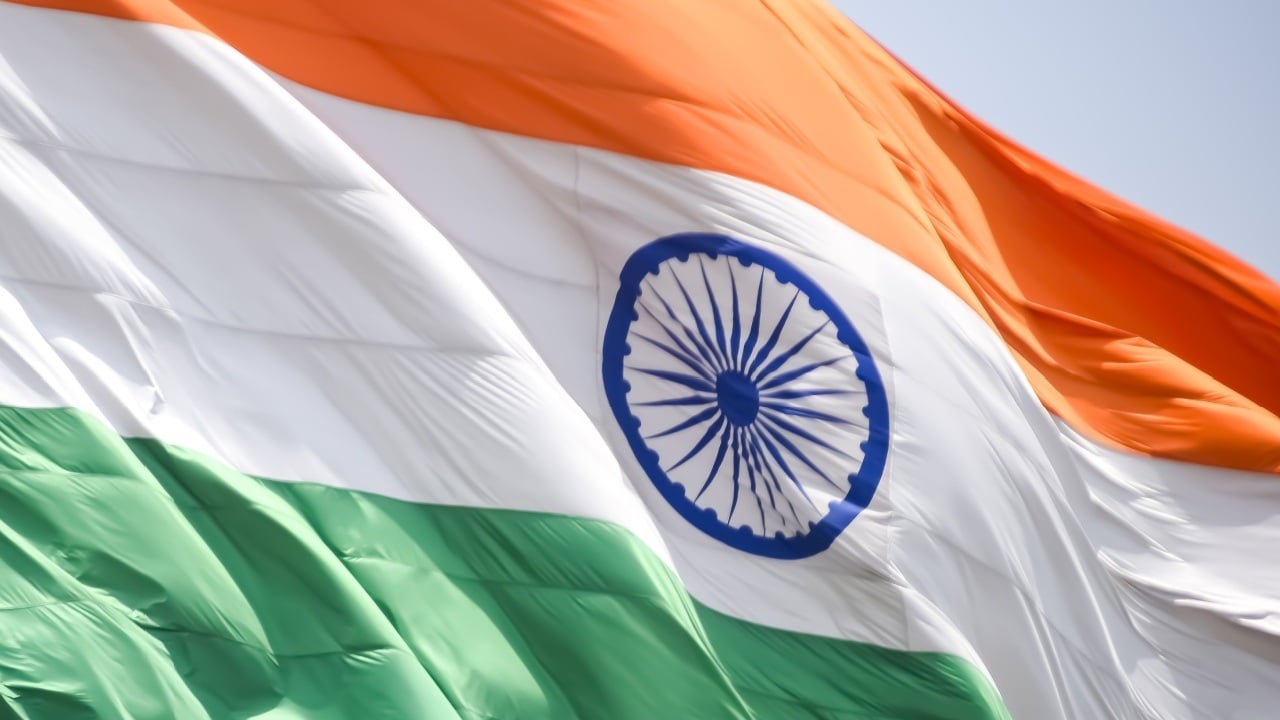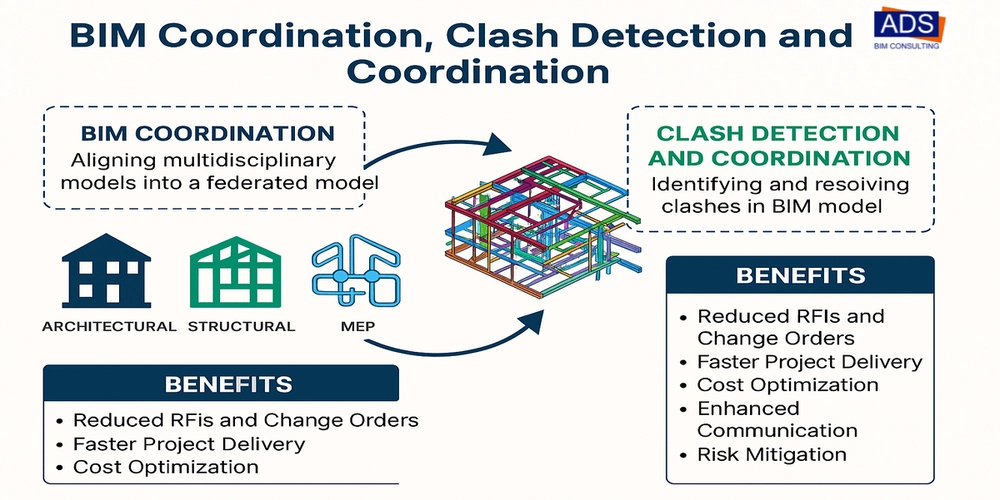NDPR, GDPR, and CCPA — What Every Nigerian Techie Should Know About Data Compliance
So today’s focus in my legal learning sprint was digital compliance—the rules that tell us how we can (and can’t) collect, store, and use people’s data. If you’re building websites, apps, or working with client data, this is non-negotiable. Let’s break down what I learned. What Is Digital Compliance? Digital compliance refers to following laws and regulations that govern how data is handled online. This matters for: • Websites that collect emails • Apps with user accounts • Payment or tracking systems • Freelancers managing client/customer data If you’re touching anyone’s data, you’re playing in this space. Nigeria’s NDPR: Our Local Data Protection Law The Nigeria Data Protection Regulation (NDPR) came into effect in 2019 and is enforced by the Nigeria Data Protection Commission (NDPC). Key points: • You must inform users when collecting data • You need clear consent • You must keep data secure • You’re required to limit data collection to what’s necessary If you run a business or handle any user data in Nigeria, compliance is your responsibility—even if you’re just one person. How NDPR Compares to GDPR & CCPA Here’s a simple breakdown of how Nigeria’s NDPR holds up against international data laws like the EU’s GDPR and California’s CCPA: • Consent Requirements: All three laws (NDPR, GDPR, and CCPA) require user consent before collecting personal data. NDPR and GDPR focus on opt-in consent, while CCPA allows opt-out in some cases. • Right to Be Forgotten: NDPR and GDPR both grant users the right to have their data deleted. CCPA offers more limited deletion rights but still gives users control over their information. • Penalties: Under the NDPR, non-compliance can cost up to 2% of your annual gross revenue. GDPR has even steeper fines—up to €20 million or 4% of global turnover. CCPA fines can reach $7,500 per violation. • Does It Affect Small Businesses? Yes. All three laws apply to businesses of all sizes, as long as personal data is involved—even if you’re a solo freelancer or developer. • Transparency & Notice: Each law requires that users be clearly informed about what data you’re collecting, why, and how it will be used. Why It Matters for Devs & Freelancers • Writing a Privacy Policy is not optional—it’s a legal requirement. • If you use cookies or trackers, you need a cookie notice and opt-in. • Collecting emails for newsletters? NDPR requires explicit consent. Even if your audience is mostly Nigerian, odds are someone from the EU or US will interact with your project at some point. Takeaway: Know the Rules. Respect the Data. The more we move into global work and SaaS, the more important data laws become. Ignorance isn’t an excuse anymore—especially when compliance is easier than ever with templates and no-code tools. I’m already planning to add: • A proper privacy policy to my website • A cookie banner • Better data storage hygiene on client projects Tools & Resources I Checked • [Nigeria NDPR Summary – TechCabal](https://techcabal.com/2019/03/05/nigeria-data-protection-regulation/) • [GDPR Overview – EU Website](https://gdpr.eu/) • [CCPA Basics – State of California](https://oag.ca.gov/privacy/ccpa) • [Termly Privacy Policy Generator](https://termly.io/products/privacy-policy-generator/)
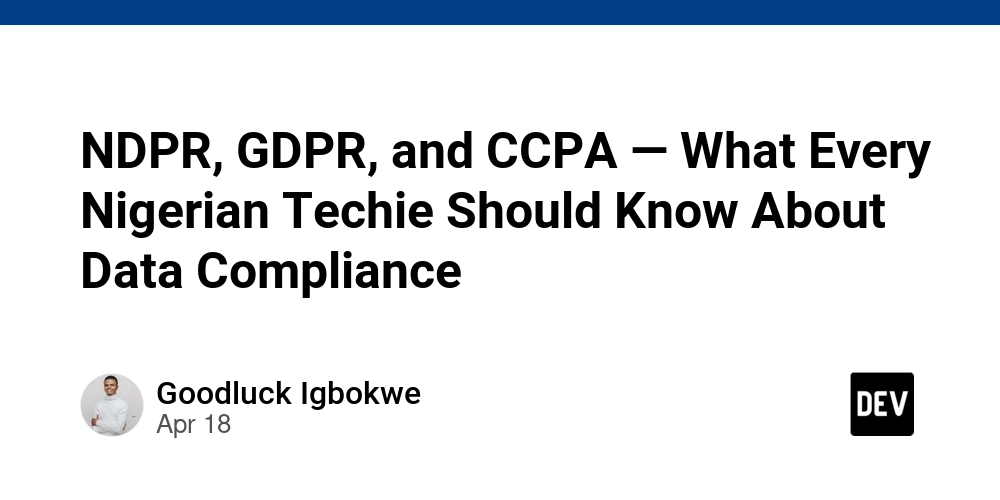
So today’s focus in my legal learning sprint was digital compliance—the rules that tell us how we can (and can’t) collect, store, and use people’s data.
If you’re building websites, apps, or working with client data, this is non-negotiable. Let’s break down what I learned.
What Is Digital Compliance?
Digital compliance refers to following laws and regulations that govern how data is handled online. This matters for:
• Websites that collect emails
• Apps with user accounts
• Payment or tracking systems
• Freelancers managing client/customer data
If you’re touching anyone’s data, you’re playing in this space.
Nigeria’s NDPR: Our Local Data Protection Law
The Nigeria Data Protection Regulation (NDPR) came into effect in 2019 and is enforced by the Nigeria Data Protection Commission (NDPC).
Key points:
• You must inform users when collecting data
• You need clear consent
• You must keep data secure
• You’re required to limit data collection to what’s necessary
If you run a business or handle any user data in Nigeria, compliance is your responsibility—even if you’re just one person.
How NDPR Compares to GDPR & CCPA
Here’s a simple breakdown of how Nigeria’s NDPR holds up against international data laws like the EU’s GDPR and California’s CCPA:
• Consent Requirements: All three laws (NDPR, GDPR, and CCPA) require user consent before collecting personal data. NDPR and GDPR focus on opt-in consent, while CCPA allows opt-out in some cases.
• Right to Be Forgotten: NDPR and GDPR both grant users the right to have their data deleted. CCPA offers more limited deletion rights but still gives users control over their information.
• Penalties: Under the NDPR, non-compliance can cost up to 2% of your annual gross revenue. GDPR has even steeper fines—up to €20 million or 4% of global turnover. CCPA fines can reach $7,500 per violation.
• Does It Affect Small Businesses? Yes. All three laws apply to businesses of all sizes, as long as personal data is involved—even if you’re a solo freelancer or developer.
• Transparency & Notice: Each law requires that users be clearly informed about what data you’re collecting, why, and how it will be used.
Why It Matters for Devs & Freelancers
• Writing a Privacy Policy is not optional—it’s a legal requirement.
• If you use cookies or trackers, you need a cookie notice and opt-in.
• Collecting emails for newsletters? NDPR requires explicit consent.
Even if your audience is mostly Nigerian, odds are someone from the EU or US will interact with your project at some point.
Takeaway: Know the Rules. Respect the Data.
The more we move into global work and SaaS, the more important data laws become. Ignorance isn’t an excuse anymore—especially when compliance is easier than ever with templates and no-code tools.
I’m already planning to add:
• A proper privacy policy to my website
• A cookie banner
• Better data storage hygiene on client projects
Tools & Resources I Checked
• [Nigeria NDPR Summary – TechCabal](https://techcabal.com/2019/03/05/nigeria-data-protection-regulation/)
• [GDPR Overview – EU Website](https://gdpr.eu/)
• [CCPA Basics – State of California](https://oag.ca.gov/privacy/ccpa)
• [Termly Privacy Policy Generator](https://termly.io/products/privacy-policy-generator/)




























![[Webinar] AI Is Already Inside Your SaaS Stack — Learn How to Prevent the Next Silent Breach](https://blogger.googleusercontent.com/img/b/R29vZ2xl/AVvXsEiOWn65wd33dg2uO99NrtKbpYLfcepwOLidQDMls0HXKlA91k6HURluRA4WXgJRAZldEe1VReMQZyyYt1PgnoAn5JPpILsWlXIzmrBSs_TBoyPwO7hZrWouBg2-O3mdeoeSGY-l9_bsZB7vbpKjTSvG93zNytjxgTaMPqo9iq9Z5pGa05CJOs9uXpwHFT4/s1600/ai-cyber.jpg?#)













































































































































![[The AI Show Episode 144]: ChatGPT’s New Memory, Shopify CEO’s Leaked “AI First” Memo, Google Cloud Next Releases, o3 and o4-mini Coming Soon & Llama 4’s Rocky Launch](https://www.marketingaiinstitute.com/hubfs/ep%20144%20cover.png)















































































































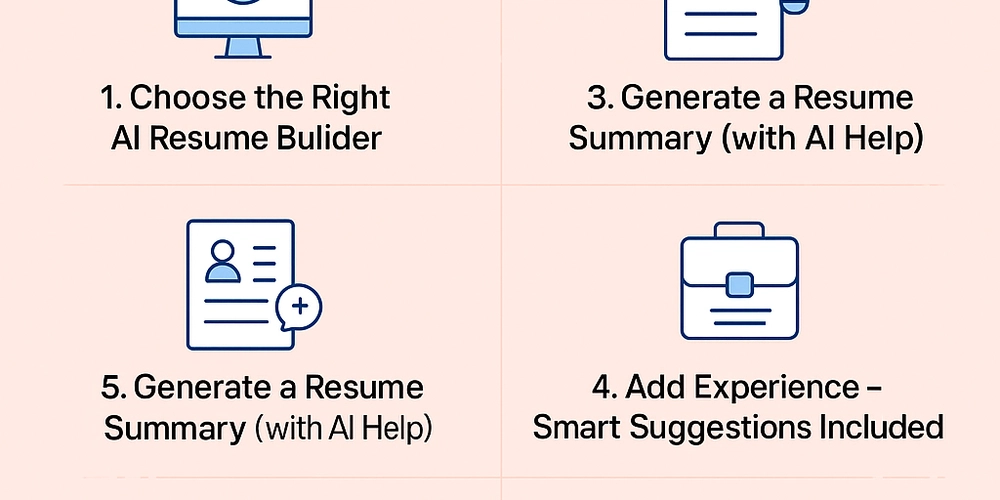

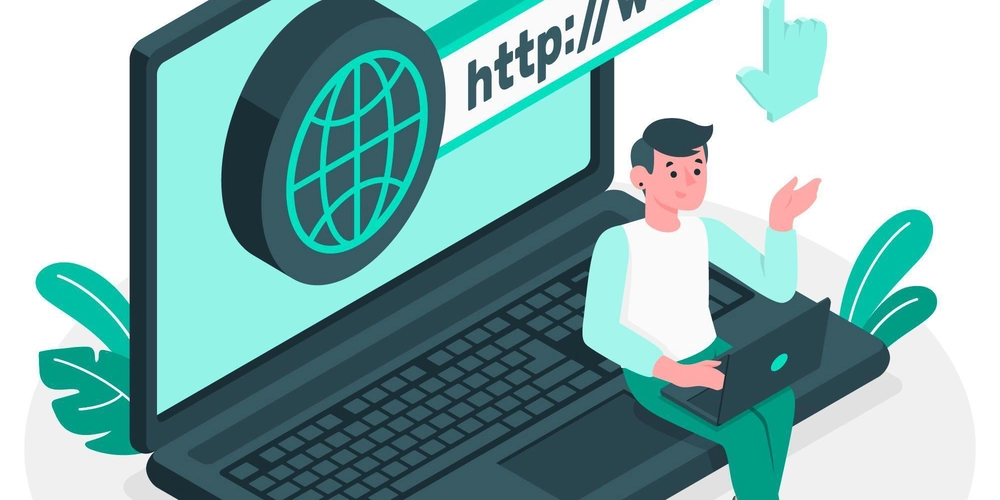


















































































![Rogue Company Elite tier list of best characters [April 2025]](https://media.pocketgamer.com/artwork/na-33136-1657102075/rogue-company-ios-android-tier-cover.jpg?#)








































































_Andreas_Prott_Alamy.jpg?width=1280&auto=webp&quality=80&disable=upscale#)




























































































![What’s new in Android’s April 2025 Google System Updates [U: 4/18]](https://i0.wp.com/9to5google.com/wp-content/uploads/sites/4/2025/01/google-play-services-3.jpg?resize=1200%2C628&quality=82&strip=all&ssl=1)










![Apple Watch Series 10 Back On Sale for $299! [Lowest Price Ever]](https://www.iclarified.com/images/news/96657/96657/96657-640.jpg)
![EU Postpones Apple App Store Fines Amid Tariff Negotiations [Report]](https://www.iclarified.com/images/news/97068/97068/97068-640.jpg)
![Apple Slips to Fifth in China's Smartphone Market with 9% Decline [Report]](https://www.iclarified.com/images/news/97065/97065/97065-640.jpg)






















































































































